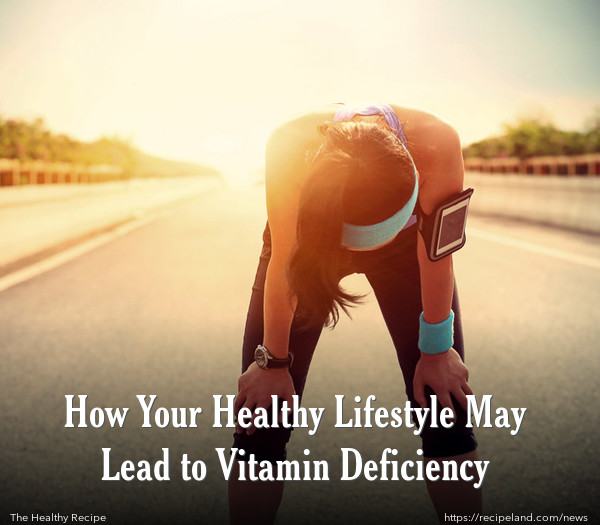While you are probably trying to maintain a healthy lifestyle by eating right and paying attention to your nutrients, you might not actually be meeting all of your nutrient needs. Even those who eat a very healthy diet may end up missing out on key nutrients.
Here are five important things that you should be paying attention to in order to make sure that you are getting what you need.
1. Don’t say “no” to meat.
Although many people opt for a vegetarian or vegan lifestyle for weight control or reduced cancer risk, and even the occasional health insurance discount, many vegetarians are lacking in important nutrients, specifically vitamin B12. This typically happens because plant-based foods lack B12, unless they have been specifically fortified.
Some vegetarians (specifically semi-vegetarians and flexitarians, or lacto-ovo-vegetarians who eat dairy and eggs) are not getting enough of this important nutrient. If you are avoiding meat, or only eating a small amount, and you notice that you are tired, forgetful, or lethargic, then you should consult with your doctor about taking a supplement.
2. You suffer from frequent acid reflux.
Although certain medications like Prilosec or Pepcid do a great job of fighting acid reflux, chronic use can lead to certain problems like an increased risk of kidney disease or heart attack. If you regularly use PPIs (proton-pump inhibitors) are very likely to become deficient in vitamin B12. In addition, you can also become deficient in magnesium.
A review of 14 studies, which was published in the journal Gastroenterology Research and Practice found that those who take large amounts of PPIs can return to normal absorption of vitamin B12 and magnesium after only 4 days of stopping the medications. Magnesium deficiency can be indicated by symptoms of appetite loss, fatigue, numbness, and personality changes. It is important to get 310-320mg of magnesium each day for women over the age of 19, so talk to your doctor if you notice any of these symptoms and you also take PPIs regularly.
3. You work out regularly.
Sure, exercise is good for you, and don’t use this report as a reason to stop or cut down, but do realize that certain forms of exercise, such as an obsession with Crossfit or Orangetheory could be causing you to be deficient in thiamine, riboflavin, and vitamin B6.
A recent study in the Journal of Clinical Nutrition found that high levels of exercise can result in deficiencies, even when you might be meeting the recommended daily allowances. If you cut calories in addition to the intense exercise, then you may need to take a B12 supplement, so check with your doctor.
4. You are overweight.
If you are overweight, your body may have trouble metabolizing vitamin D, whether or not you get it from a supplement or from exposure to sunshine.
A study recently published in the International Journal of Obesity showed that those who are overweight may be lacking in two specific enzymes that are important for processing vitamin D.
According to the NIH, adults should get 600 IU of vitamin D daily, but the Endocrine Society recommends that obese adults get 2-3 times more per day. Check with your doctor to make sure that you are getting what you need. All it takes is a simple blood test.
5. You donate blood regularly.
Regularly donating blood does help others, but you might be increasing your risk of vitamin deficiency. Recent research from Columbia University’s College of Physicians and Surgeons found that two-thirds of women and about half of men who donate blood regularly may have iron deficiency.
Symptoms include problems with attention, fatigue, and poor concentration. It is recommended that women between the ages of 18-50 need at least 18mg of iron daily, but that number is reduced to about 8 mg for women over the age of 50.
You can increase your iron by eating more lean meats, seafood, chicken, nuts, legumes, and leafy greens. Have your doctor check your levels to find out if you need additional supplementation.
Eating a healthy diet and following a healthy lifestyle is important, but you still need to make sure you are getting all of the vitamins and nutrients you need.










Comments